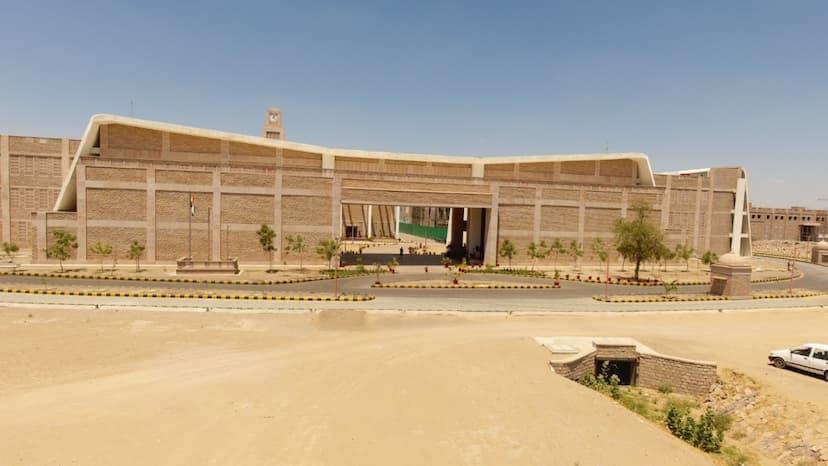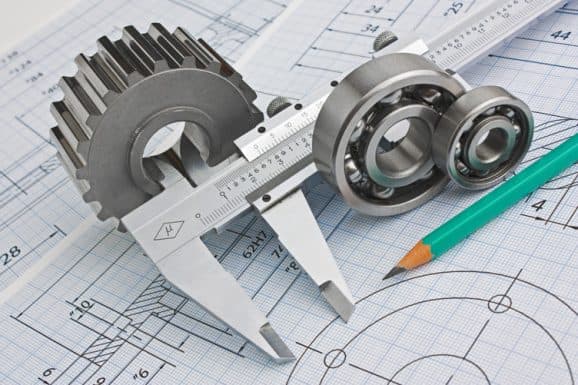IIT Jodhpur researchers find an automated detection method

IIT Jodhpur researchers have developed a novel Computer-aided diagnosis (deep learning) based approach for Hypertensive Retinopathy (HR) detection.
Computer-aided diagnosis (CAD) plays an important role in the early identification of HR with high diagnostic accuracy, which is cheap, portable, non-invasive, time-efficient and demands fewer resources, say sources from IIT Jodhpur.


And, has been co-authored by Ms. Supriya Suman, PhD research Scholar, Interdisciplinary Research Division: Smart Health Care, IIT Jodhpur, Dr. Anil Kumar Tiwari, Professor, Department of Electrical Engineering, IIT Jodhpur, Mr. Tejas Ingale, 4th Year – BTech Student, Department of Mechanical Engineering, IIT Jodhpur, and Dr. Kuldeep Singh, Professor, Department of Paediatrics, AIIMS Jodhpur.
Prevalent condition
Hypertension is a prevalent condition that affects both elderly and young people, resulting in increased morbidity and mortality.
According to a recent World Health Organization (WHO) survey, around 1.13 billion people in developing nations suffer from hypertension, say sources from IIT Jodhpur.

Hypertensive Retinopathy (HR) is a retinal disease caused by hypertension for a prolonged period of time.
HR is a bio-marker for a variety of diseases, including cardiovascular risks and target-organ damage, say sources from IIT Jodhpur.
Also read – Top 10 BBA Specializations to Consider in 2024

Early detection and treatment can prevent blindness as it may even lead to loss of vision. In the initial stage of this retinal disease, no visible signs are found, say sources from IIT Jodhpur.
Through regular screening of patients, it can only be prevented. The proposed method will play an important role in the early identification of Hypertensive Retinopathy with high diagnostic accuracy.
Identifying early-stage HR patients will help in the timely and proper treatment before it starts damaging several other organs of the body, including the kidney, heart, brain, and eyes, say sources from IIT Jodhpur.
The method obtained average accuracy, sensitivity, specificity, and precision of 98.44%, 98.44%, 98.44%, 98.44%, and 98.48%, respectively, say sources from IIT Jodhpur.


This system can be used specially in emergency treatment by the physicians, neurologists, and ophthalmologists, said Prof Anil of IIT Jodhpur.
Scope
The future scope of this research includes the severity grading of HR and several other retinal disease diagnoses including papilledema, glaucoma, Age related Macular Degeneration (AMD), and other non-ocular diseases, say sources from IIT Jodhpur.
The research was done in collaboration with All India Institute of Medical Sciences (AIIMS), Jodhpur and was funded by the Ministry of Education, Government of India.
The Interdisciplinary Program in Smart Health Care program by IIT Jodhpur-AIIMS Jodhpur facilitated collaborative research, enabling interdisciplinary teams of doctors and engineers to unite in the pursuit of technological advancements in healthcare.
This synergy aims to bring about positive impacts on a broader scale, particularly benefiting patients in remote areas with limited access to healthcare facilities, say sources from IIT Jodhpur.

About IIT Jodhpur
The Indian Institute of Technology Jodhpur was established in 2008, to foster technology education and research in India.
The institute is committed to technological thought and action to benefit the economic development of India.
Scholarship in teaching and learning; scholarship in research and creative accomplishments; and relevance to industry are three driving forces for us at the institution.
It functions from its sprawling residential Permanent Campus of 852 acres on National Highway 62, North-Northwest of Jodhpur towards Nagaur.
This campus is meticulously planned and envisioned to stand as a symbol of academics. A large parcel of the Permanent Campus (of about 182 acres) is set aside for the development of a Technology Park to strengthen institute-industry interactions.
The institute is committed to a multidisciplinary approach of technology development. The institution, with its excellent track record of designing multi-disciplinary and transdisciplinary programs, has initiated the formation of Transdisciplinary Centres of Excellence.
S Vishnu Sharmaa now works with collegechalo.com in the news team. His work involves writing articles related to the education sector in India with a keen focus on higher education issues. Journalism has always been a passion for him. He has more than 10 years of enriching experience with various media organizations like Eenadu, Webdunia, News Today, Infodea. He also has a strong interest in writing about defence and railway related issues.









